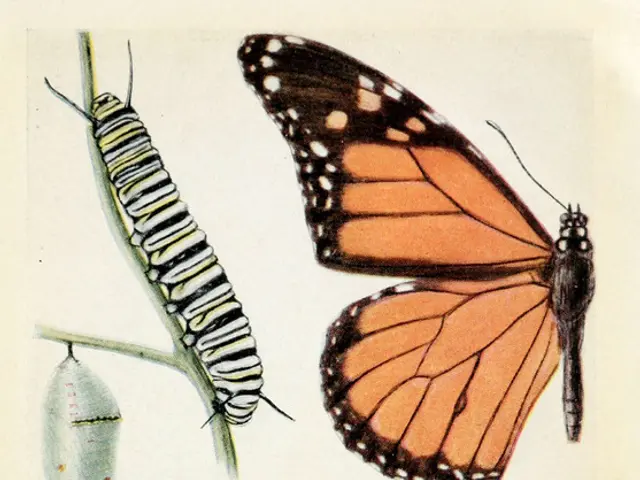Emphasizing the Importance of Kindness to Canines: Preserve Stray Dogs Humanely, Rather Than Relocating Them
The Supreme Court of India recently issued an order calling for the permanent removal of stray dogs from Delhi's streets and their confinement in shelters. The decision, aimed at protecting citizens, especially children, from attacks and the risk of rabies, has sparked significant backlash and legal appeals.
The initial order, which conflicts with established animal welfare norms advocating for sterilization and release, raised concerns about animal welfare, ecological balance, and the control of rabies and aggression.
Keeping large numbers of stray dogs in shelters indefinitely can lead to overcrowding, poor living conditions, and psychological stress on the animals. Shelters may lack resources and space to humanely accommodate such large populations.
Moreover, stray dogs play a role in the urban ecosystem, controlling rodent populations and serving social functions in communities. Removing them entirely from streets can disrupt this balance.
While immobilizing all stray dogs in shelters removes the immediate bite risk on streets, it may not effectively reduce rabies transmission if shelter conditions do not ensure proper vaccination. Aggressive behavior may also develop due to stress.
The order contradicted the prevailing Animal Birth Control (ABC) Rules, which mandate that stray dogs be sterilized, immunized, and then released back to their original locations rather than being caged permanently. The court subsequently modified the order to require release after sterilization and immunization to balance public safety and animal welfare.
The forced removal sparked protests and opposition from animal rights activists, reflecting societal concerns about humane treatment and coexistence with street dogs. The debate about the order has been heated on social media, with some welcoming the judgment and others supporting the protests.
The long-term consequences of such an order to permanently cage street dogs in shelters could have far-reaching implications for the future of the human-dog relationship. The order's implementation could potentially seal the fate of street dogs, and it raises questions about whether humans will choose to betray their best friends or strive towards compassion and coexistence.
The 1970s philosopher Richard Ryder coined the term "speciesism," an assertion of human superiority over other species, justifying control, rights, and exploitation. The Mahabharata story of Yudhishthir and his canine companion highlights the importance of compassion and loyalty towards animals, particularly dogs.
Scientific methods like vaccination, sterilisation, and regular feeding at designated spots have been proven to be more effective and humane for street dogs. These methods respect animal rights while minimising bites and promoting a balanced approach between public safety and animal welfare.
In conclusion, the Supreme Court's order on street dogs in India has sparked a heated debate about the balance between public safety and animal welfare. The order's implementation will likely have significant implications for the future of the human-dog relationship, and it is crucial to ensure that any decision respects animal rights, promotes coexistence, and considers the long-term consequences for both humans and dogs.
References: [1] The Hindu. (2023). Supreme Court modifies order on stray dogs in Delhi. [online] Available at: https://www.thehindu.com/news/national/supreme-court-modifies-order-on-stray-dogs-in-delhi/article66623820.ece
[2] The Indian Express. (2023). Delhi HC asks Delhi govt to ensure release of sterilised, vaccinated stray dogs. [online] Available at: https://indianexpress.com/article/cities/delhi/delhi-hc-asks-delhi-govt-to-ensure-release-of-sterilised-vaccinated-stray-dogs-7993267/
[3] The Times of India. (2023). Protests against Supreme Court order on stray dogs in Delhi. [online] Available at: https://timesofindia.indiatimes.com/city/delhi/protests-against-supreme-court-order-on-stray-dogs-in-delhi/articleshow/91216123.cms







